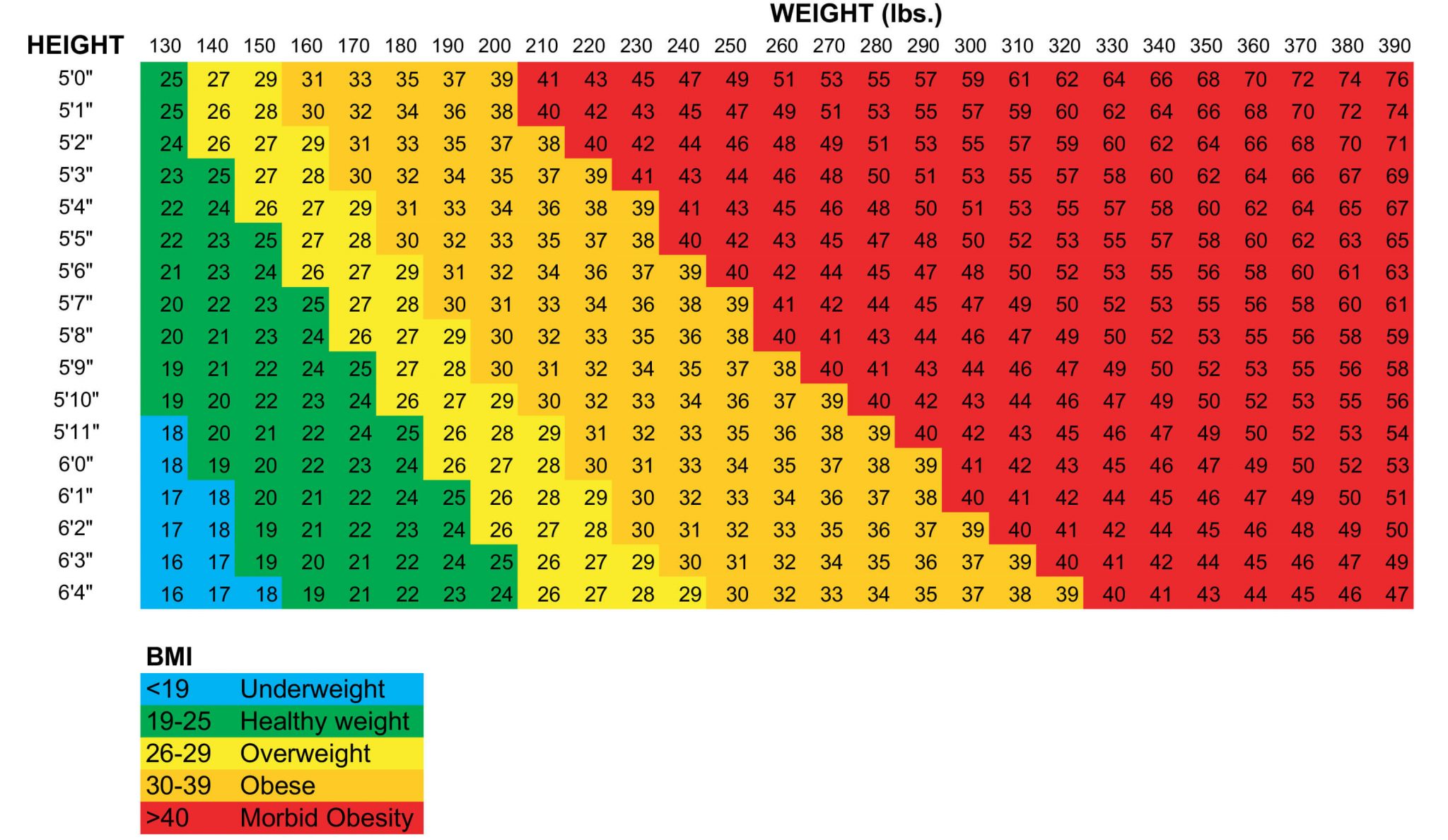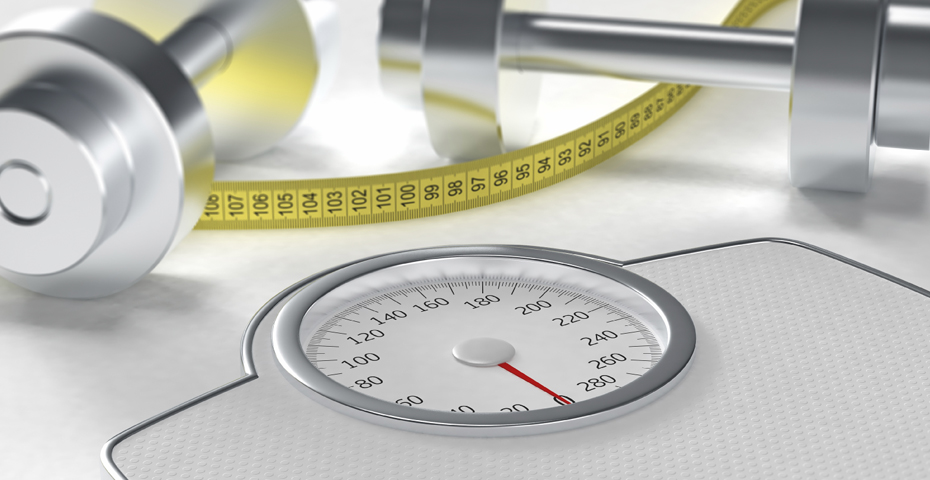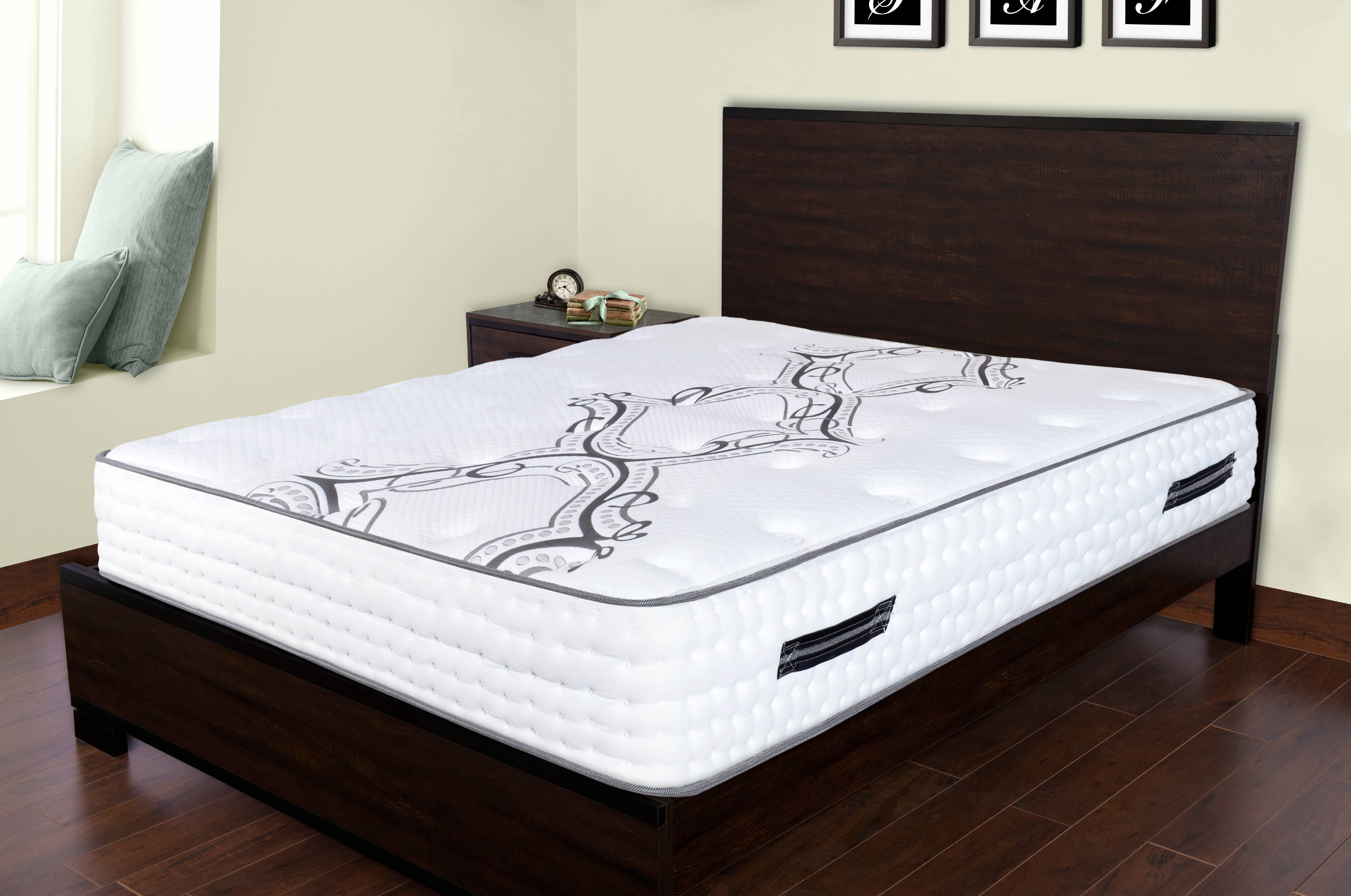One of the main pros of a porcelain kitchen sink is its durability. Porcelain is a type of ceramic that is made by heating materials such as clay and glass to high temperatures. This process creates a strong and durable material that can withstand heavy use. Porcelain sinks are known for their longevity and can last for decades with proper care and maintenance. Durability
Porcelain is a non-porous material, meaning that it does not have any tiny holes or gaps where dirt and stains can seep in. This makes it highly resistant to stains, making it an ideal choice for a kitchen sink where spills and messes are common. Unlike other materials like stainless steel or granite, porcelain sinks do not require regular sealing or special cleaning products to maintain their stain-resistant properties. Stain Resistance
Along with being stain-resistant, porcelain kitchen sinks are also very easy to clean. The smooth and non-porous surface of porcelain makes it difficult for dirt and grime to stick, making it easy to wipe away with a damp cloth or sponge. This is especially beneficial for busy kitchens where cleanliness and hygiene are a top priority. Easy to Clean
Porcelain kitchen sinks come in a wide range of styles and designs, making it easy to find one that suits your kitchen decor. From traditional white sinks to more modern and colorful options, there is something for every taste. Porcelain sinks also offer a variety of installation options, such as undermount, drop-in, and farmhouse, allowing you to choose the best fit for your kitchen layout. Variety of Styles
Porcelain is a highly heat-resistant material, making it a great choice for a kitchen sink. It can withstand high temperatures without getting damaged or discolored, making it safe to use for hot pots and pans. This also means that you don't have to worry about damaging the sink if you accidentally place a hot item on its surface. Heat Resistance
Compared to other materials like stainless steel or granite, porcelain kitchen sinks are relatively affordable. They offer the same durability and functionality at a lower cost, making them a budget-friendly choice for homeowners. Additionally, porcelain sinks require minimal maintenance, saving you money in the long run. Cost
Maintaining a porcelain kitchen sink is relatively easy and requires minimal effort. Regular cleaning with a mild detergent and a soft cloth is enough to keep it looking clean and shiny. Unlike other materials that may require special cleaning products or frequent sealing, porcelain sinks are low-maintenance, making them a convenient choice for busy households. Maintenance
Another advantage of porcelain kitchen sinks is that they are quiet compared to other materials like stainless steel. The non-porous surface of porcelain reduces noise from running water and dishes, making it a more peaceful and enjoyable experience in the kitchen. Noise
Porcelain is a lightweight material, making it easier to install and handle compared to other heavier materials like granite or cast iron. This is especially beneficial for DIY installations or if you plan to replace your sink in the future, as it won't require additional support or reinforcement for the weight. Weight
Porcelain kitchen sinks offer a variety of installation options, making it easy to find one that fits your needs. Whether you prefer a traditional overmount sink or a modern undermount sink, porcelain offers the flexibility to choose the best installation for your kitchen. Additionally, porcelain sinks are relatively easy to install, saving you time and money on professional installation fees. Installation
The Pros and Cons of Porcelain Kitchen Sinks

Pros:
 When it comes to choosing the perfect kitchen sink, there are many options available on the market. One popular choice among homeowners and interior designers is a porcelain kitchen sink. This type of sink has its fair share of advantages, making it a top choice for many.
Durable
,
elegant
, and
versatile
are just some of the words used to describe the pros of a porcelain kitchen sink.
One of the biggest advantages of a porcelain kitchen sink is its durability. Made from a combination of clay and other materials, porcelain sinks are
strong and resistant to scratches, chips, and stains
. They can withstand heavy daily use and are less likely to get damaged compared to other materials such as stainless steel or ceramic. This makes them a great choice for busy kitchens, especially for families with children.
Another pro of porcelain kitchen sinks is their elegant and timeless look. With a smooth and glossy finish, they add a touch of
class and sophistication
to any kitchen. Porcelain sinks also come in a wide variety of
colors and styles
, allowing you to choose one that complements your kitchen's overall design. Whether you prefer a classic white sink or a more modern color, there is a porcelain sink to suit every taste.
Porcelain sinks are also
versatile
, as they can be used in both traditional and contemporary kitchen designs. They can be undermount, top mount, or even farmhouse-style, providing you with
options for customization
to fit your specific needs and preferences. Additionally, porcelain sinks are
heat-resistant
, making them perfect for washing hot pots and pans without worrying about damaging the sink's surface.
When it comes to choosing the perfect kitchen sink, there are many options available on the market. One popular choice among homeowners and interior designers is a porcelain kitchen sink. This type of sink has its fair share of advantages, making it a top choice for many.
Durable
,
elegant
, and
versatile
are just some of the words used to describe the pros of a porcelain kitchen sink.
One of the biggest advantages of a porcelain kitchen sink is its durability. Made from a combination of clay and other materials, porcelain sinks are
strong and resistant to scratches, chips, and stains
. They can withstand heavy daily use and are less likely to get damaged compared to other materials such as stainless steel or ceramic. This makes them a great choice for busy kitchens, especially for families with children.
Another pro of porcelain kitchen sinks is their elegant and timeless look. With a smooth and glossy finish, they add a touch of
class and sophistication
to any kitchen. Porcelain sinks also come in a wide variety of
colors and styles
, allowing you to choose one that complements your kitchen's overall design. Whether you prefer a classic white sink or a more modern color, there is a porcelain sink to suit every taste.
Porcelain sinks are also
versatile
, as they can be used in both traditional and contemporary kitchen designs. They can be undermount, top mount, or even farmhouse-style, providing you with
options for customization
to fit your specific needs and preferences. Additionally, porcelain sinks are
heat-resistant
, making them perfect for washing hot pots and pans without worrying about damaging the sink's surface.
Cons:
 Despite its many pros, a porcelain kitchen sink also has its fair share of disadvantages. One of the main cons is its
susceptibility to chipping and cracking
. While porcelain sinks are generally durable, they are not indestructible. Heavy impact or sharp objects may cause damage to the sink's surface, leading to chips or cracks. However, with proper care and maintenance, these issues can be avoided.
Another disadvantage of porcelain sinks is their
weight and fragility
. Due to their composition, porcelain sinks can be quite heavy, making them difficult to install. They also require extra support to prevent cracking or breaking. Additionally, porcelain sinks can be prone to
staining and discoloration
if not cleaned regularly and properly. This can be a concern for those who are looking for a lower maintenance sink option.
In conclusion, a porcelain kitchen sink is a popular choice for many homeowners and interior designers due to its durability, elegant appearance, and versatility. However, it is important to weigh the pros and cons before making a decision. Consider your lifestyle, budget, and maintenance capabilities to determine if a porcelain sink is the right choice for your kitchen.
Despite its many pros, a porcelain kitchen sink also has its fair share of disadvantages. One of the main cons is its
susceptibility to chipping and cracking
. While porcelain sinks are generally durable, they are not indestructible. Heavy impact or sharp objects may cause damage to the sink's surface, leading to chips or cracks. However, with proper care and maintenance, these issues can be avoided.
Another disadvantage of porcelain sinks is their
weight and fragility
. Due to their composition, porcelain sinks can be quite heavy, making them difficult to install. They also require extra support to prevent cracking or breaking. Additionally, porcelain sinks can be prone to
staining and discoloration
if not cleaned regularly and properly. This can be a concern for those who are looking for a lower maintenance sink option.
In conclusion, a porcelain kitchen sink is a popular choice for many homeowners and interior designers due to its durability, elegant appearance, and versatility. However, it is important to weigh the pros and cons before making a decision. Consider your lifestyle, budget, and maintenance capabilities to determine if a porcelain sink is the right choice for your kitchen.
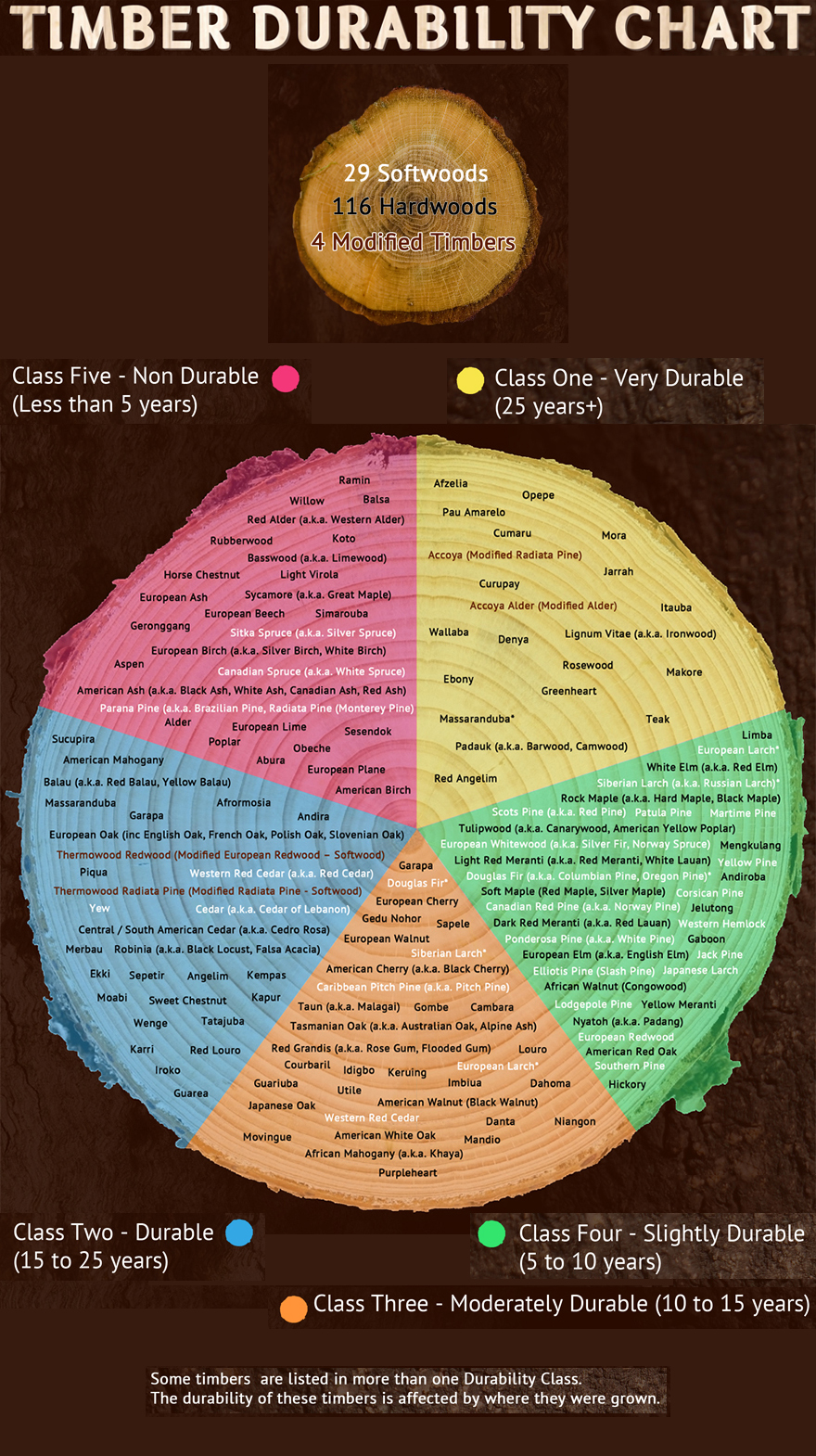




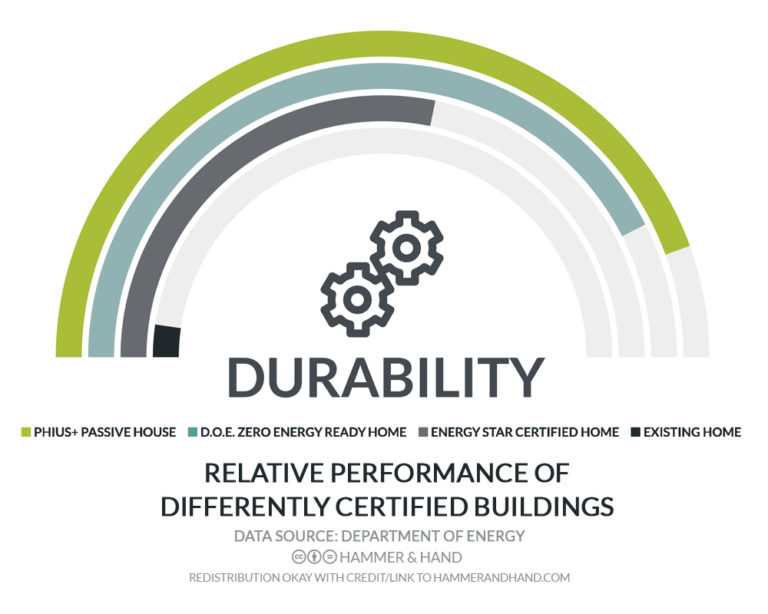

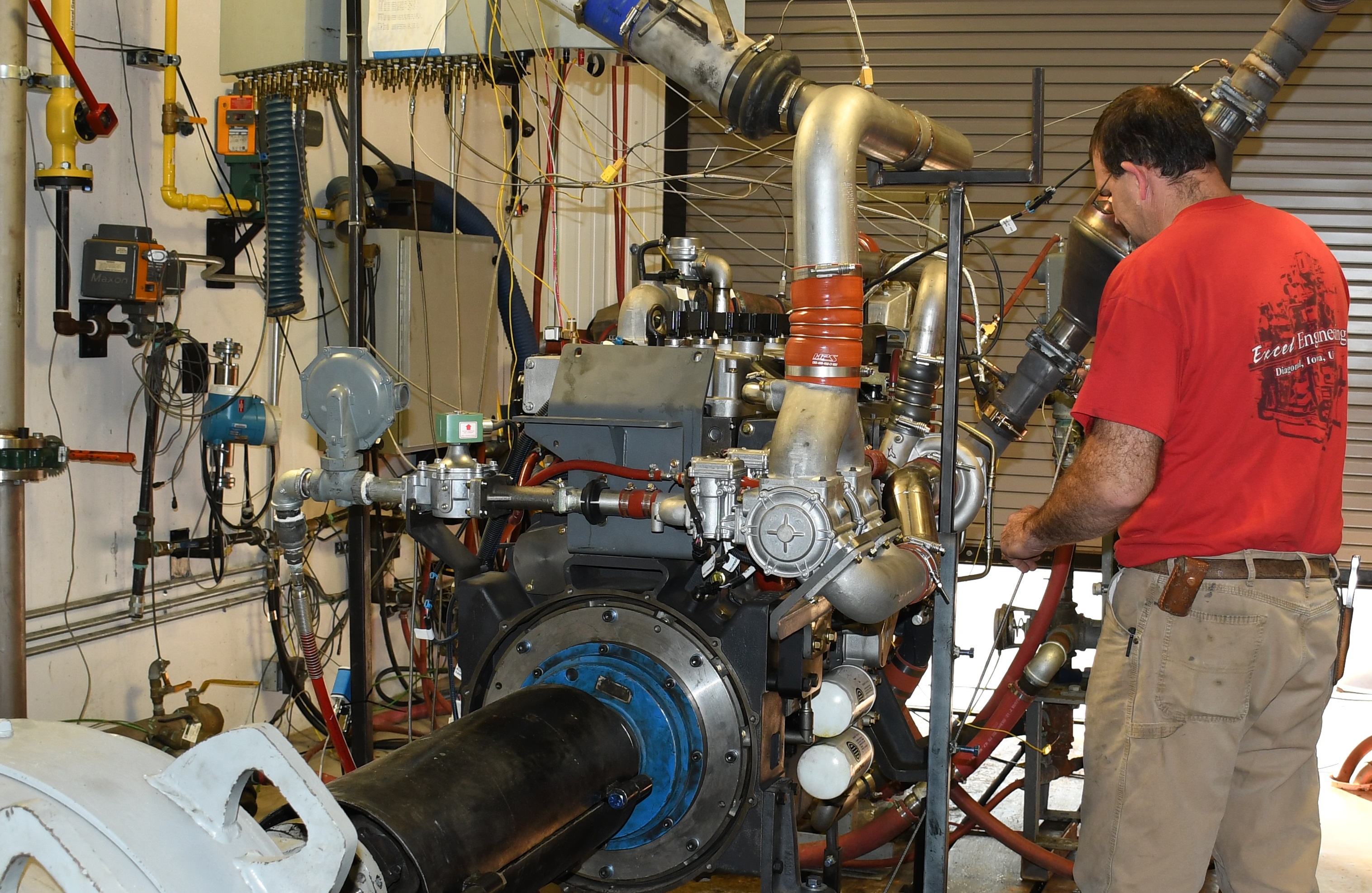






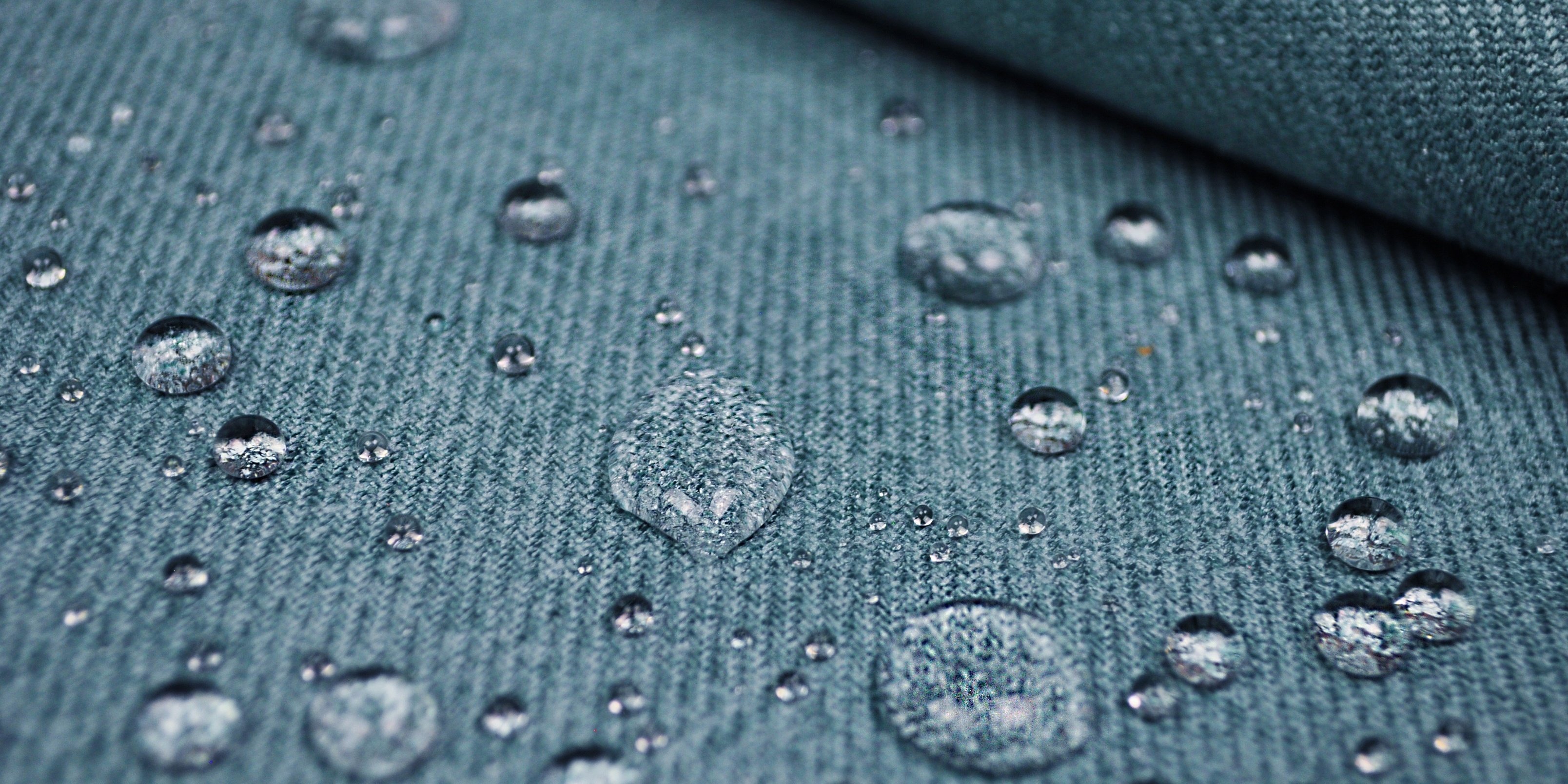

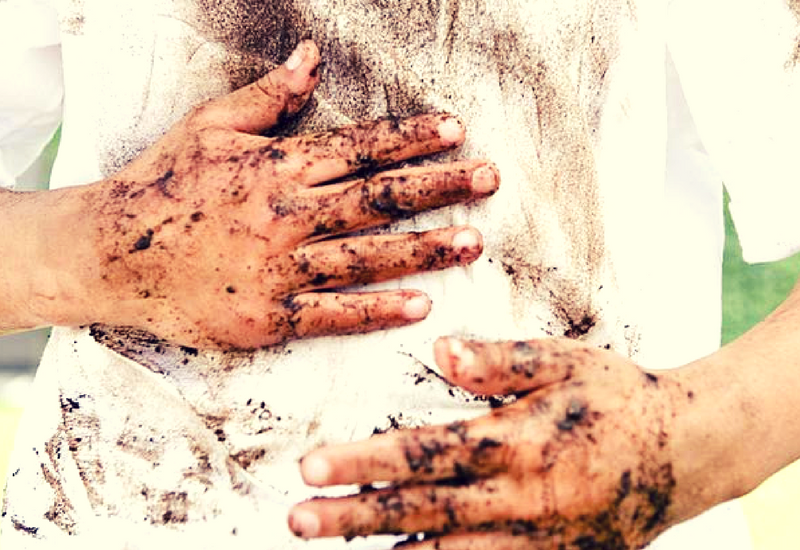



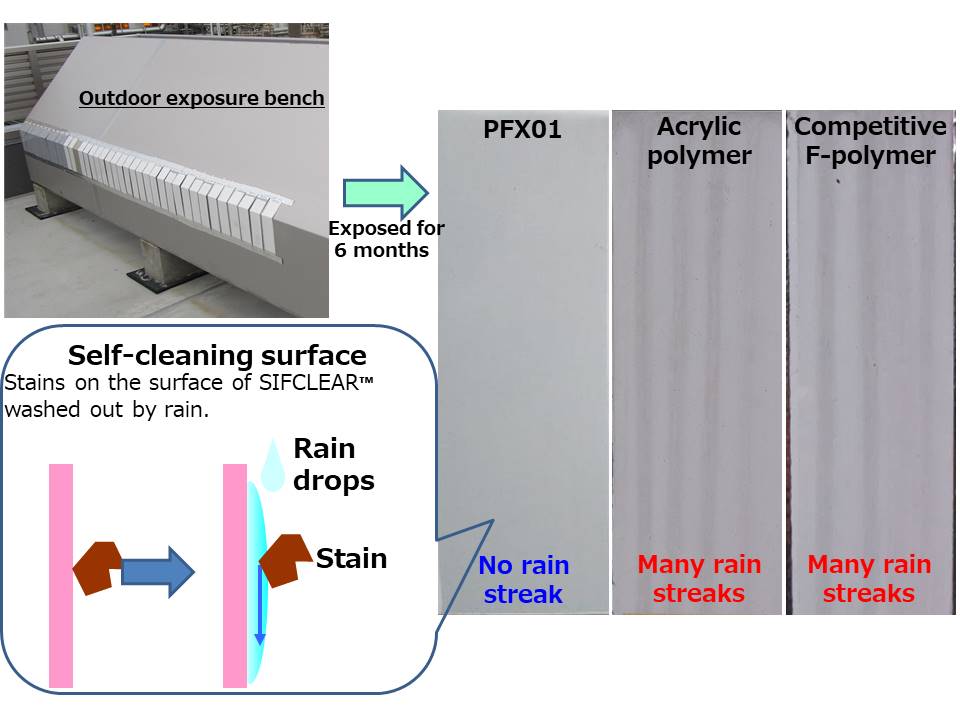






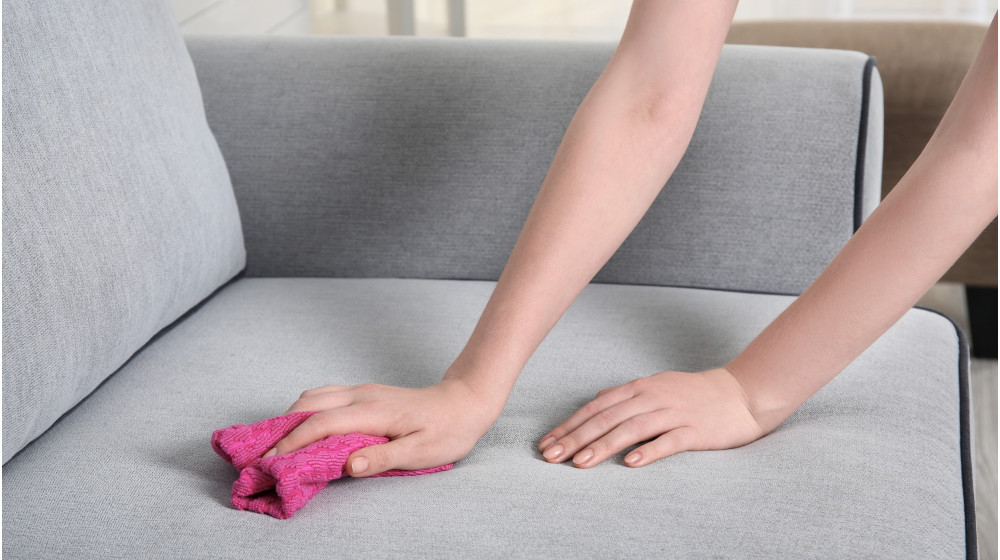


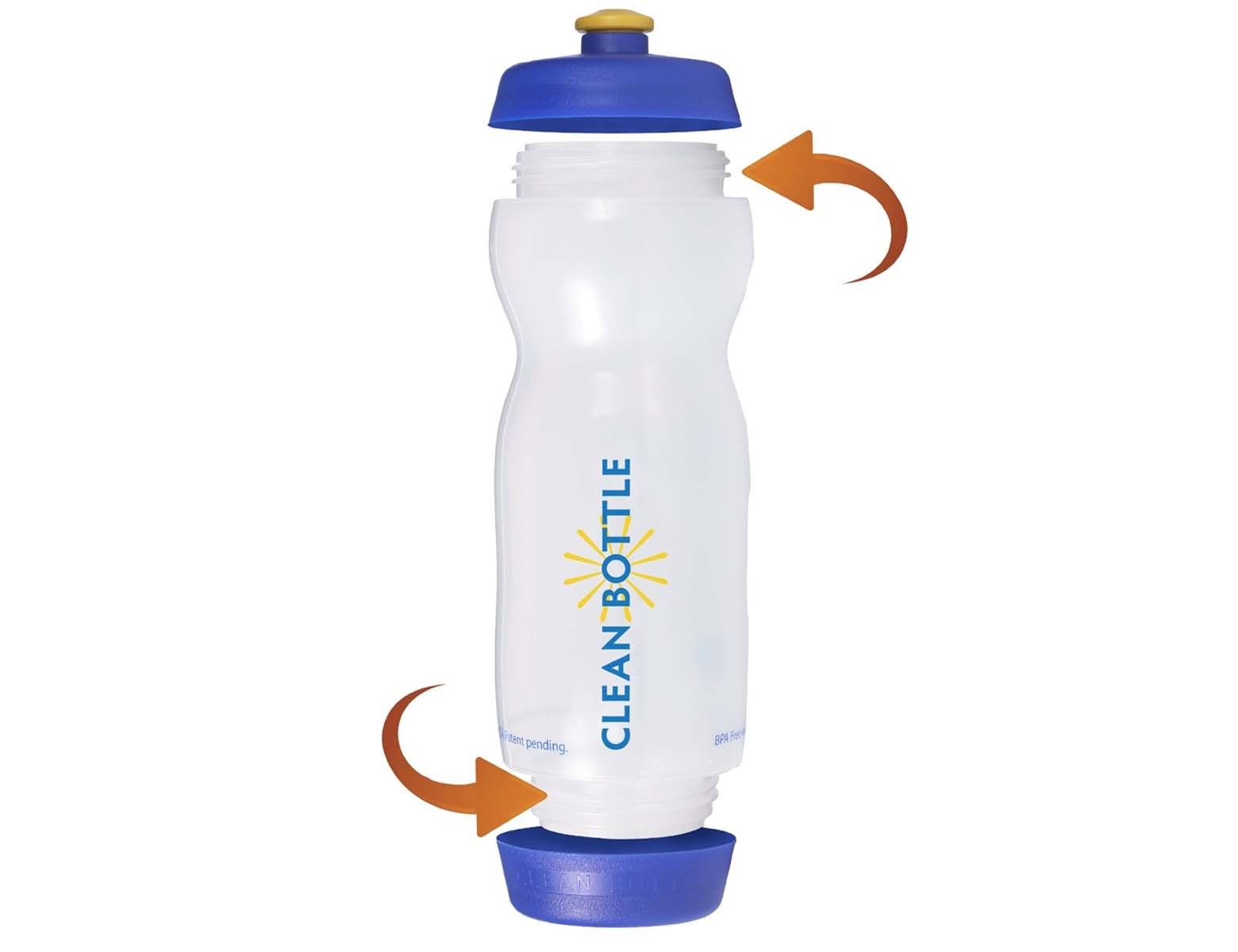

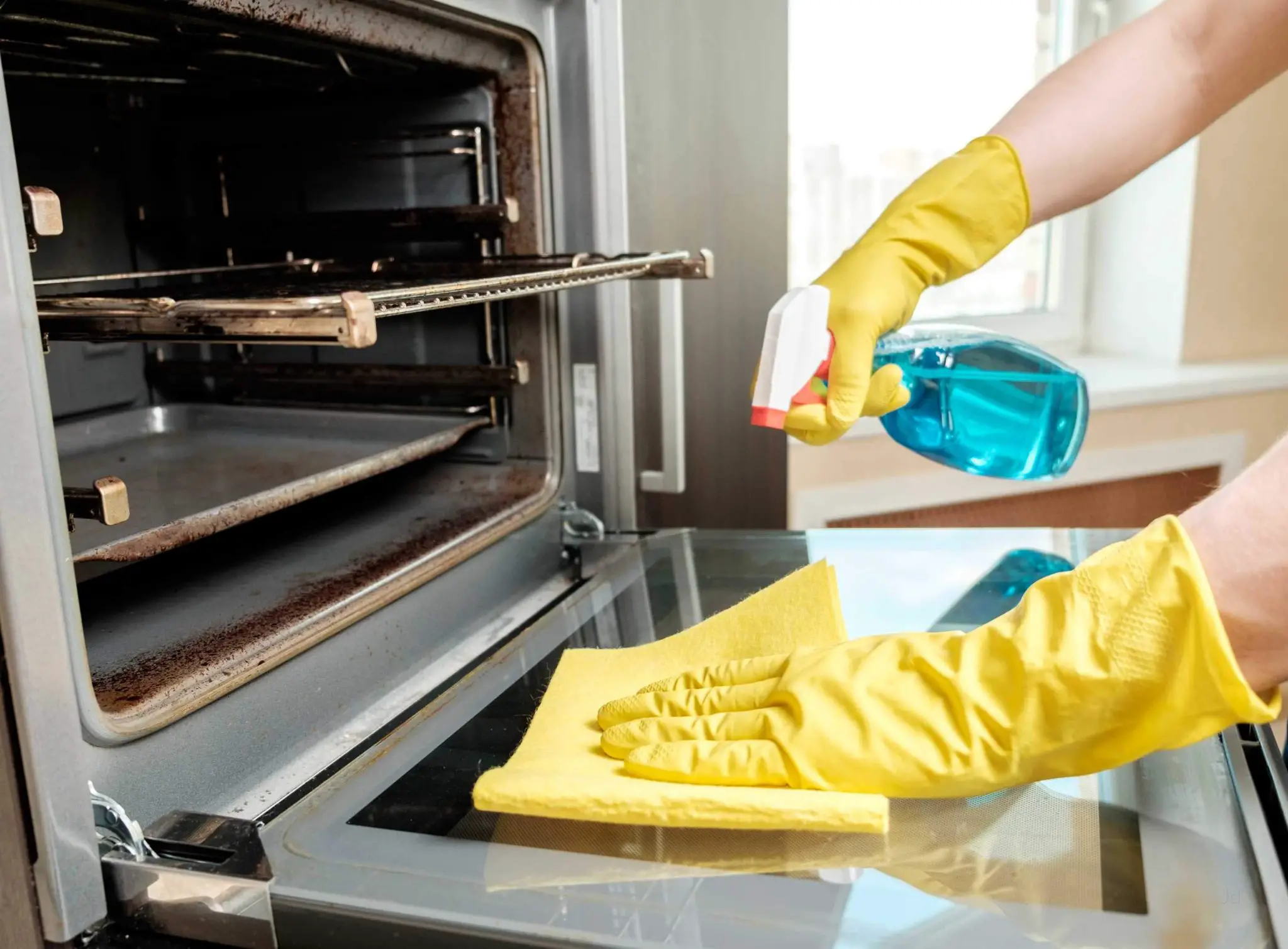












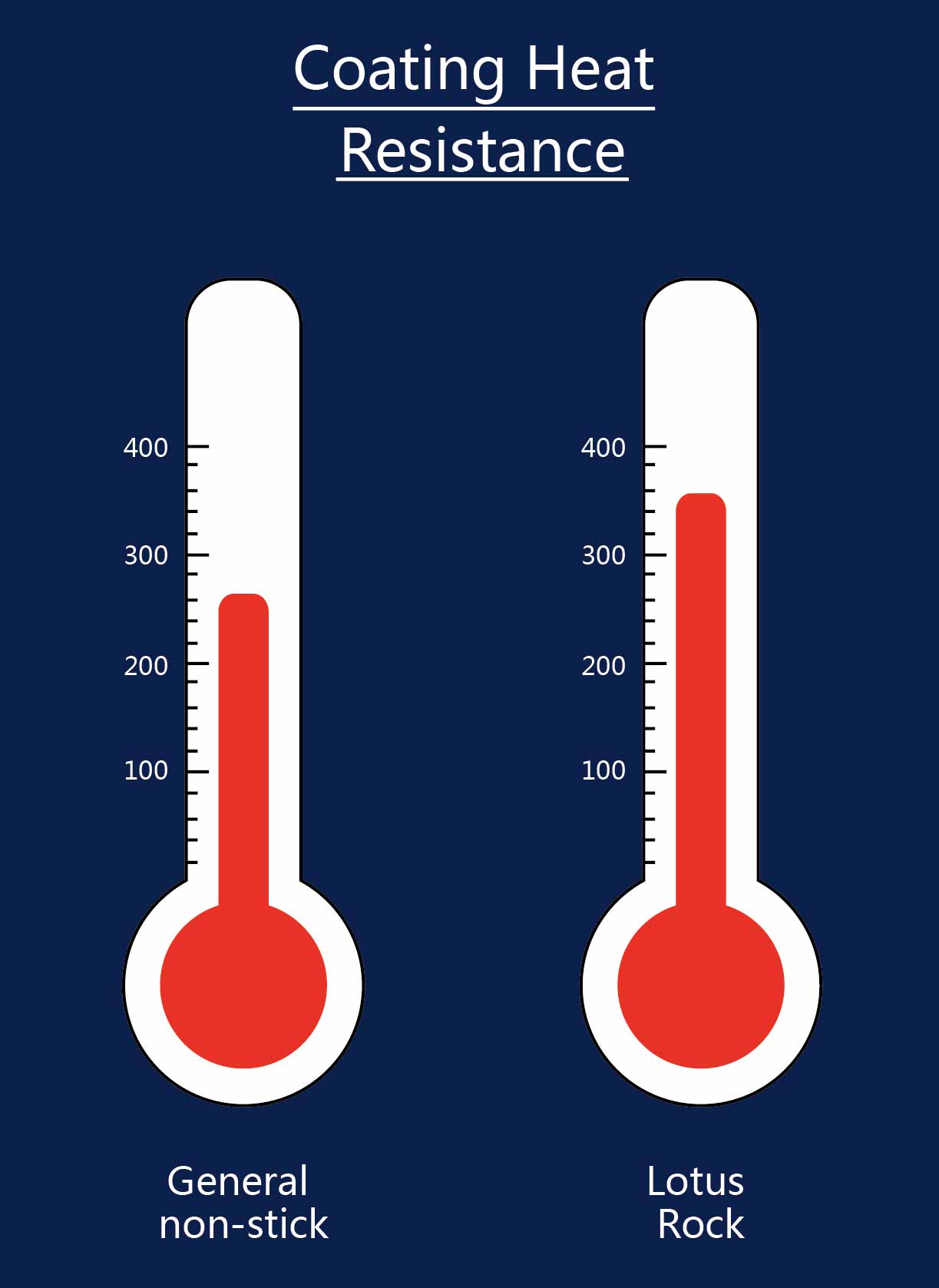
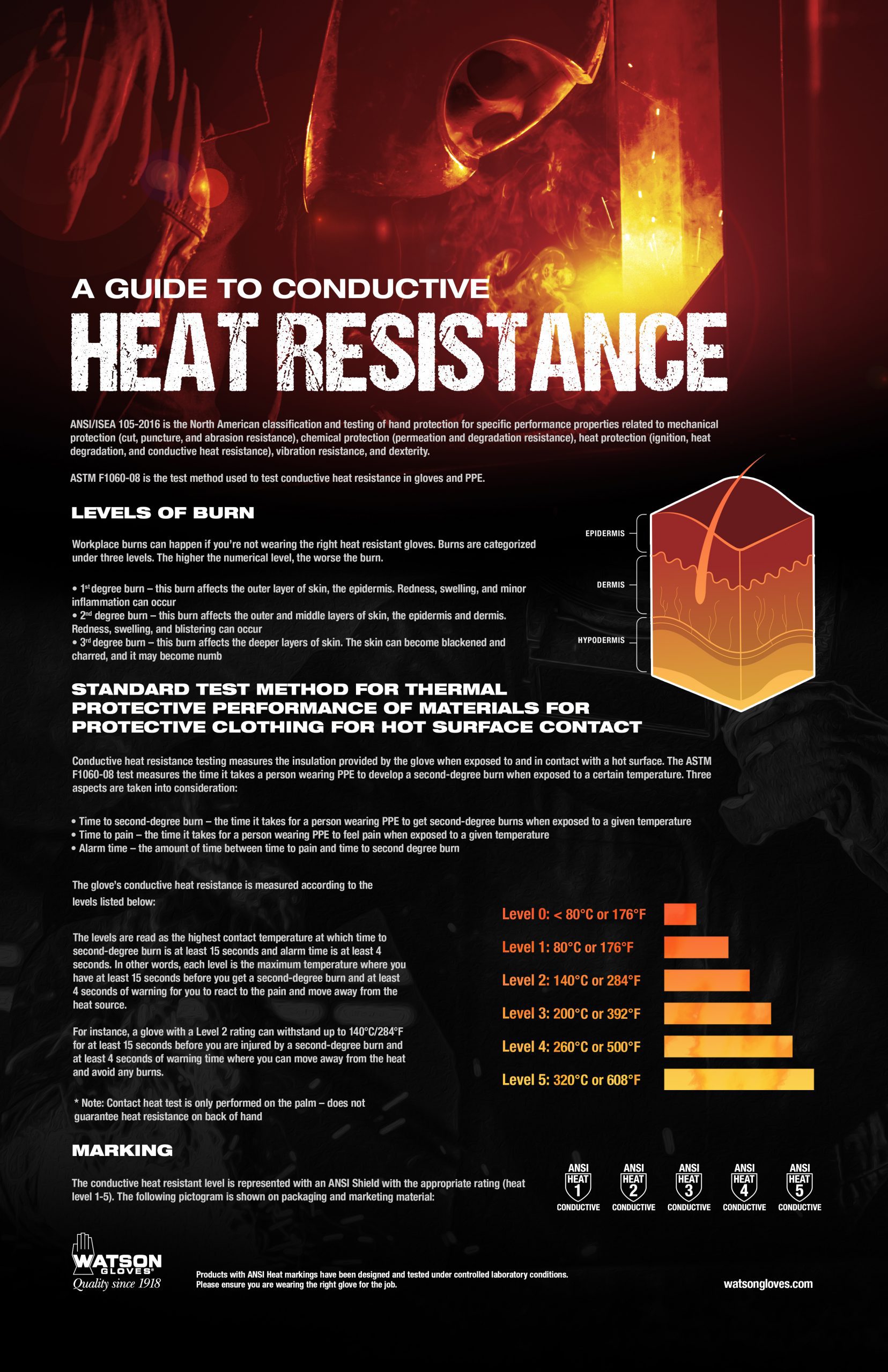




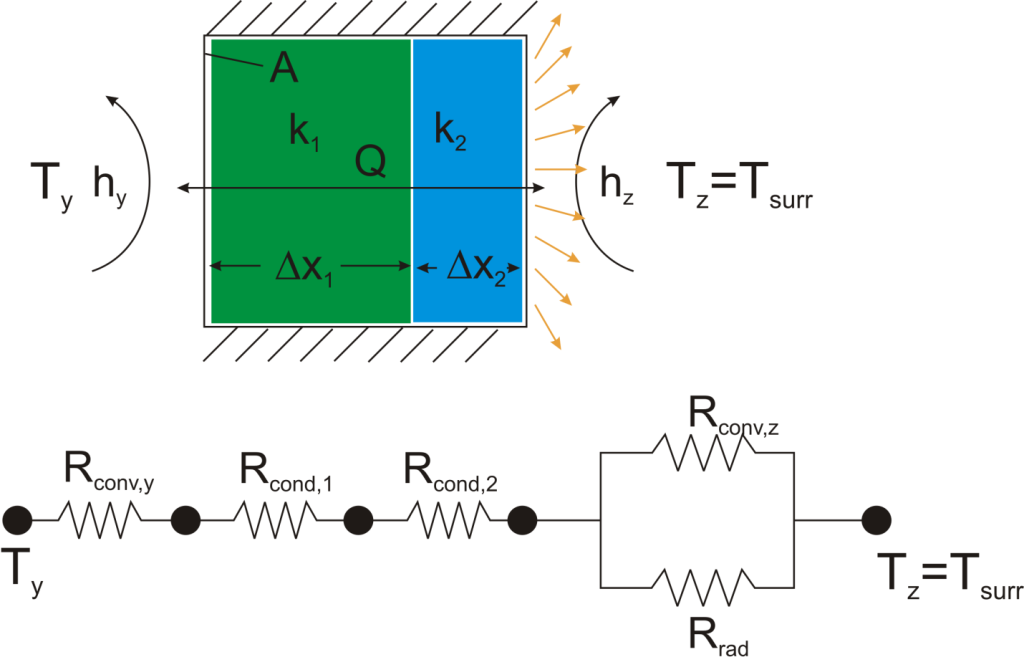
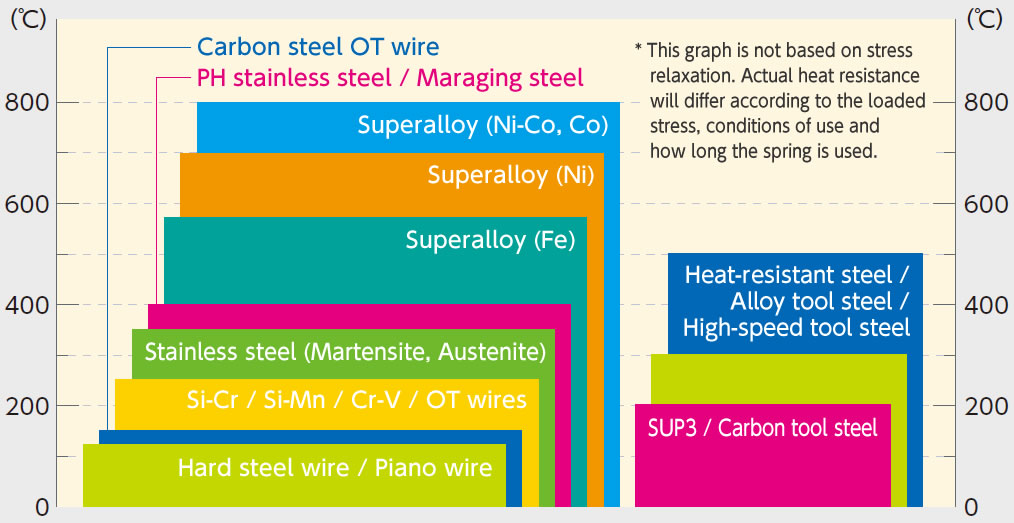


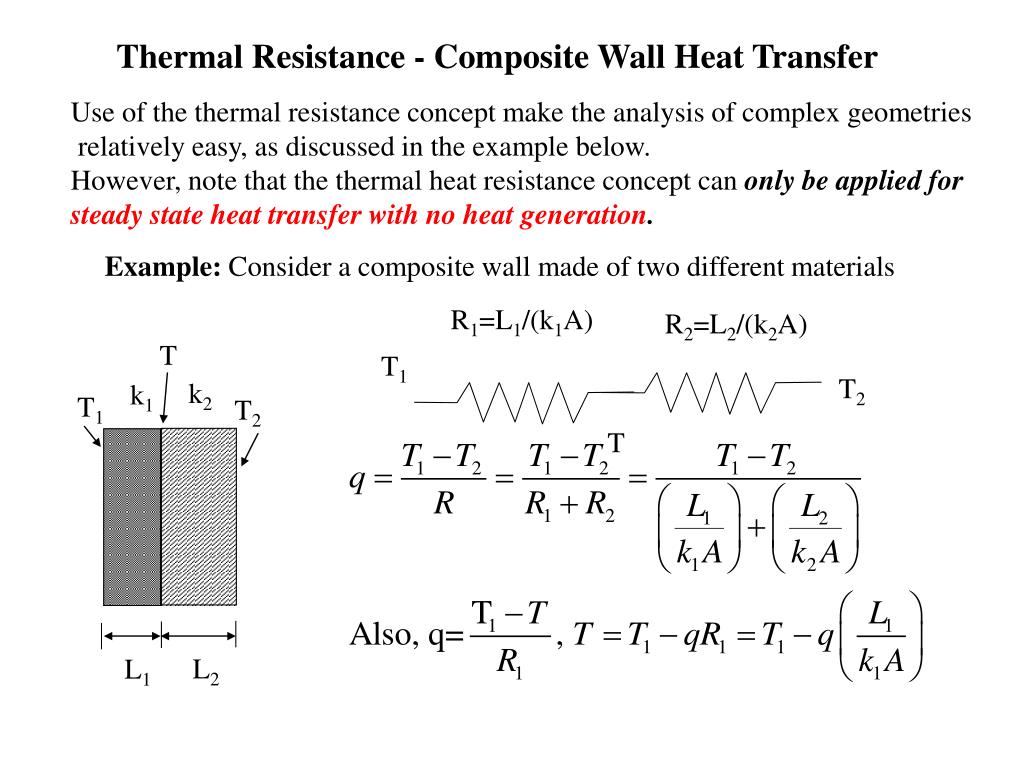












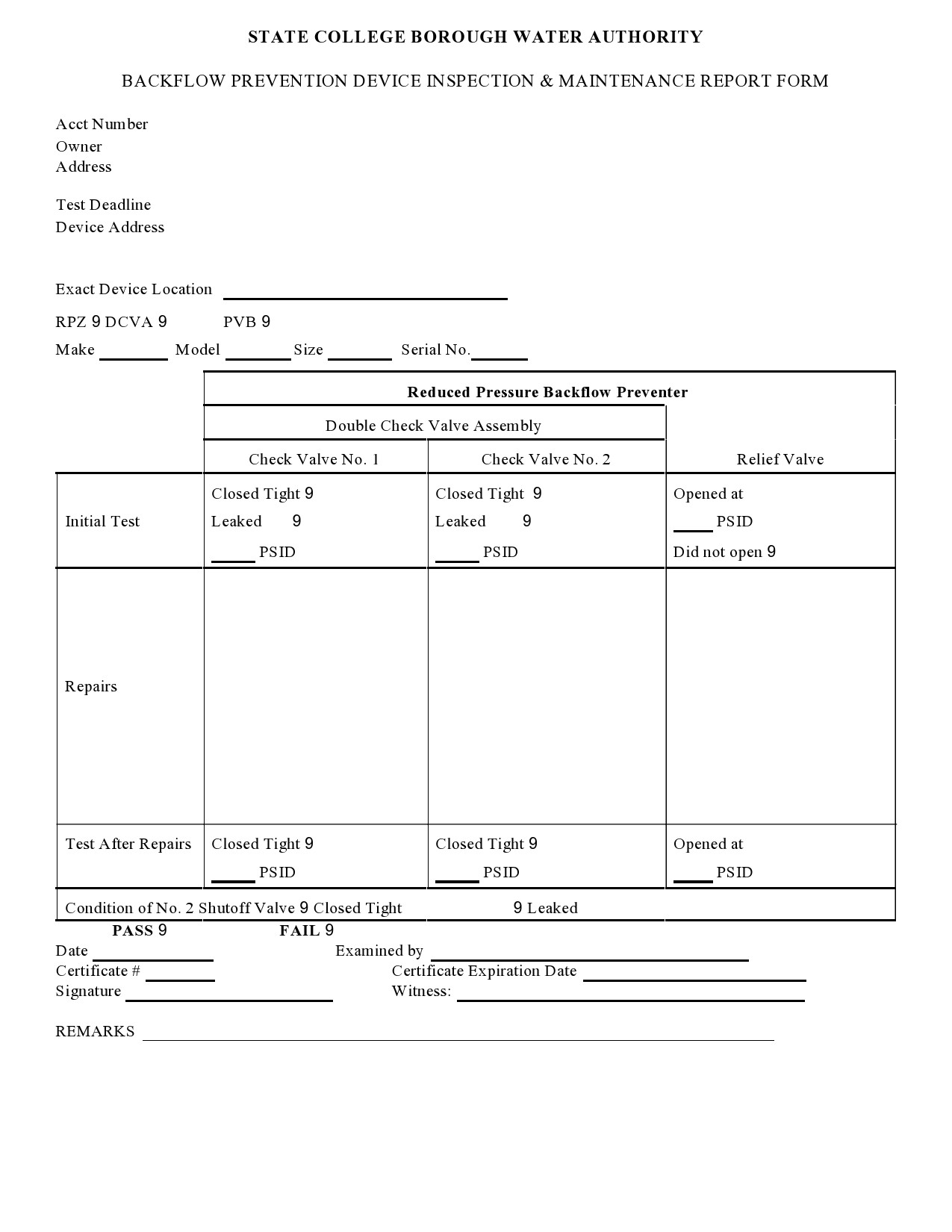


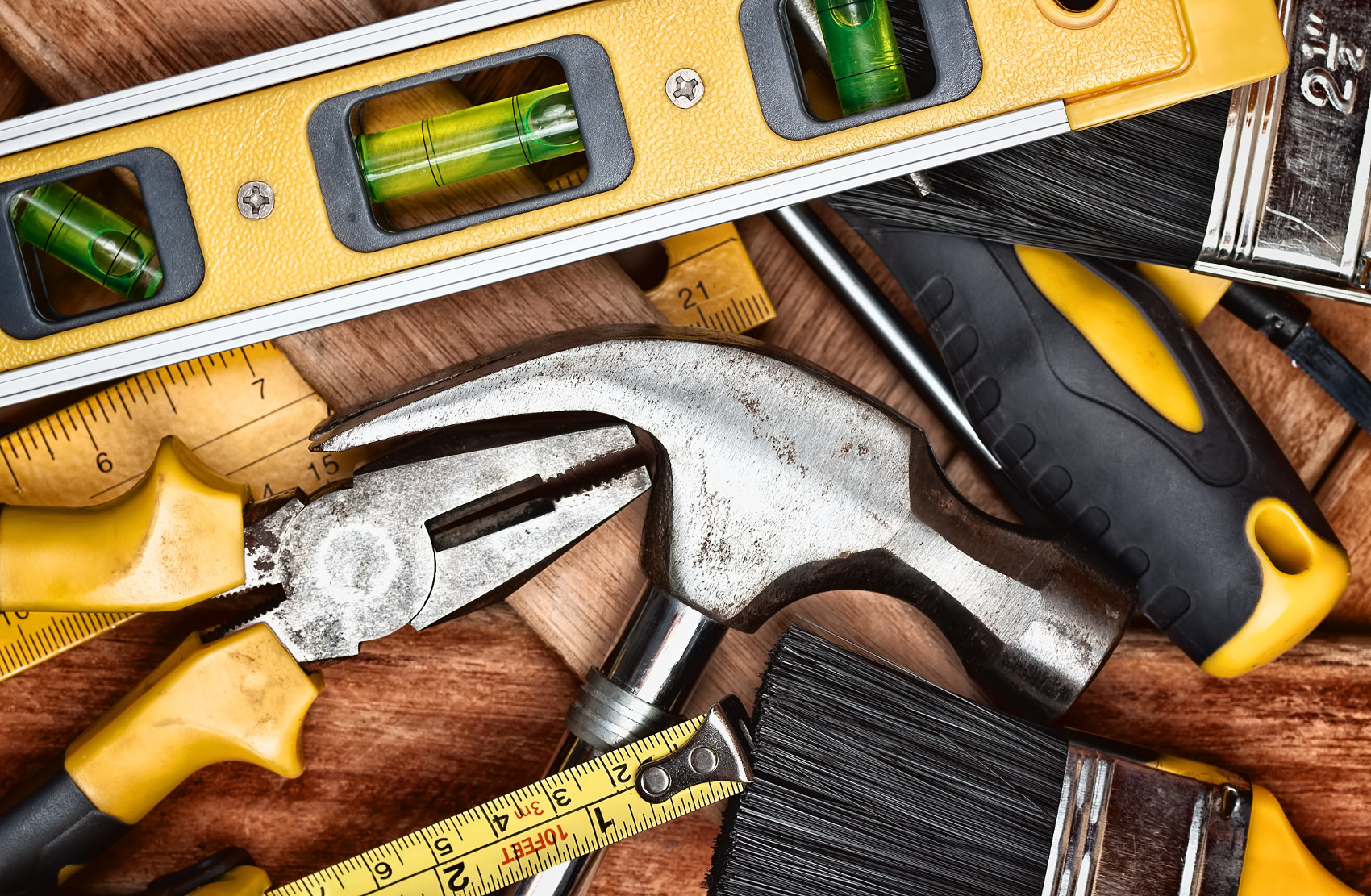






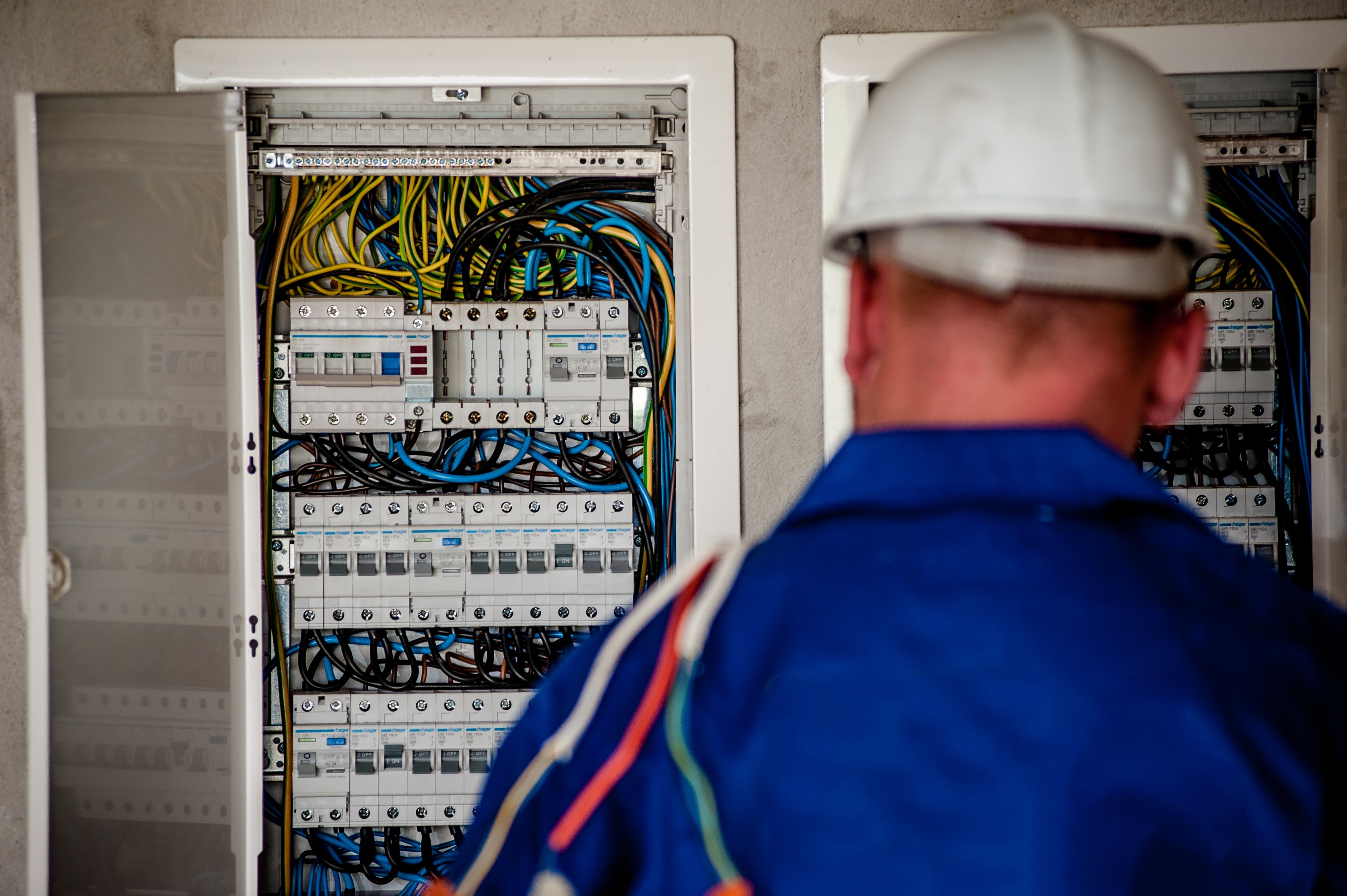








/Getty_noise-480815331-585464c73df78ce2c30ea5e7.jpg)

.png?auto=compress,format)
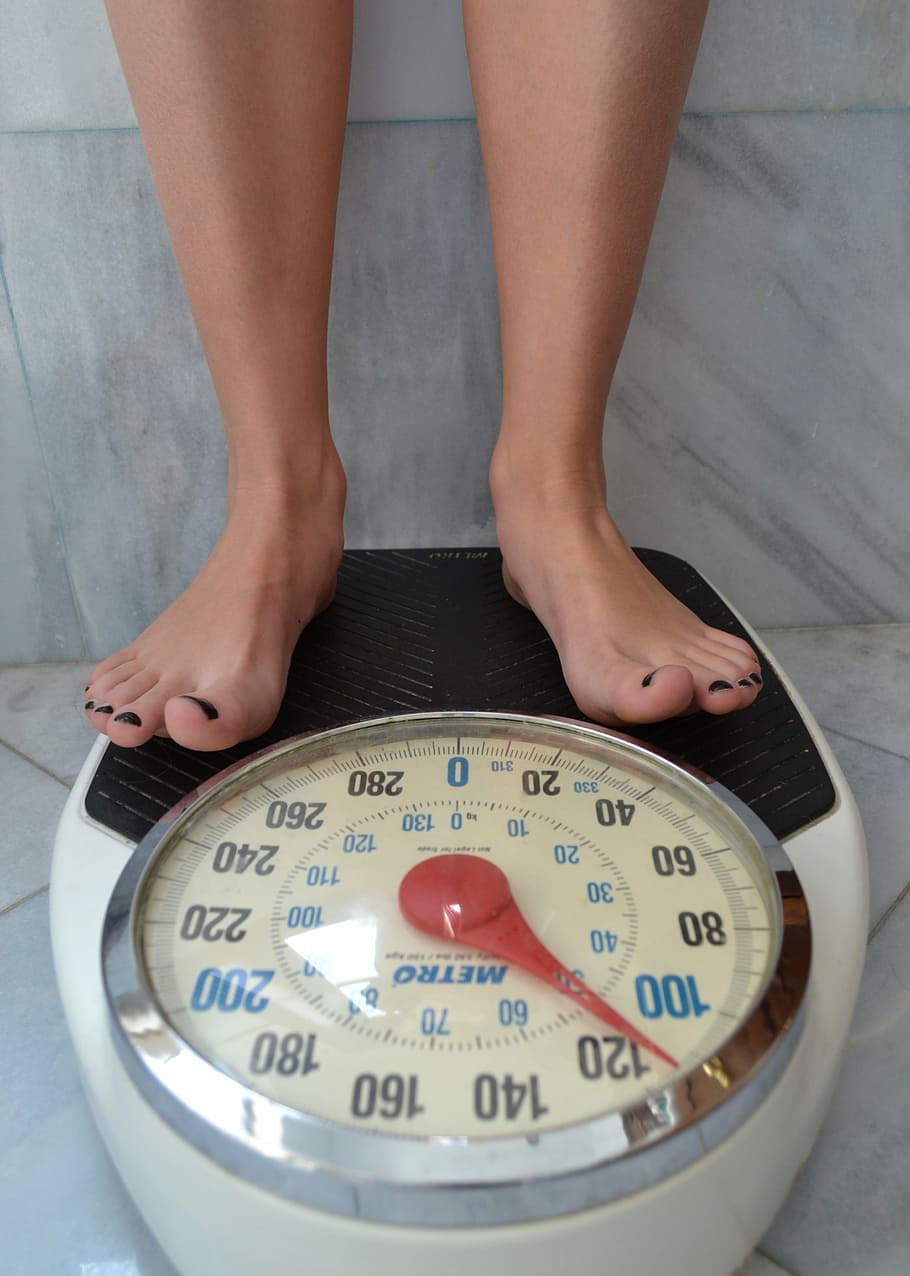
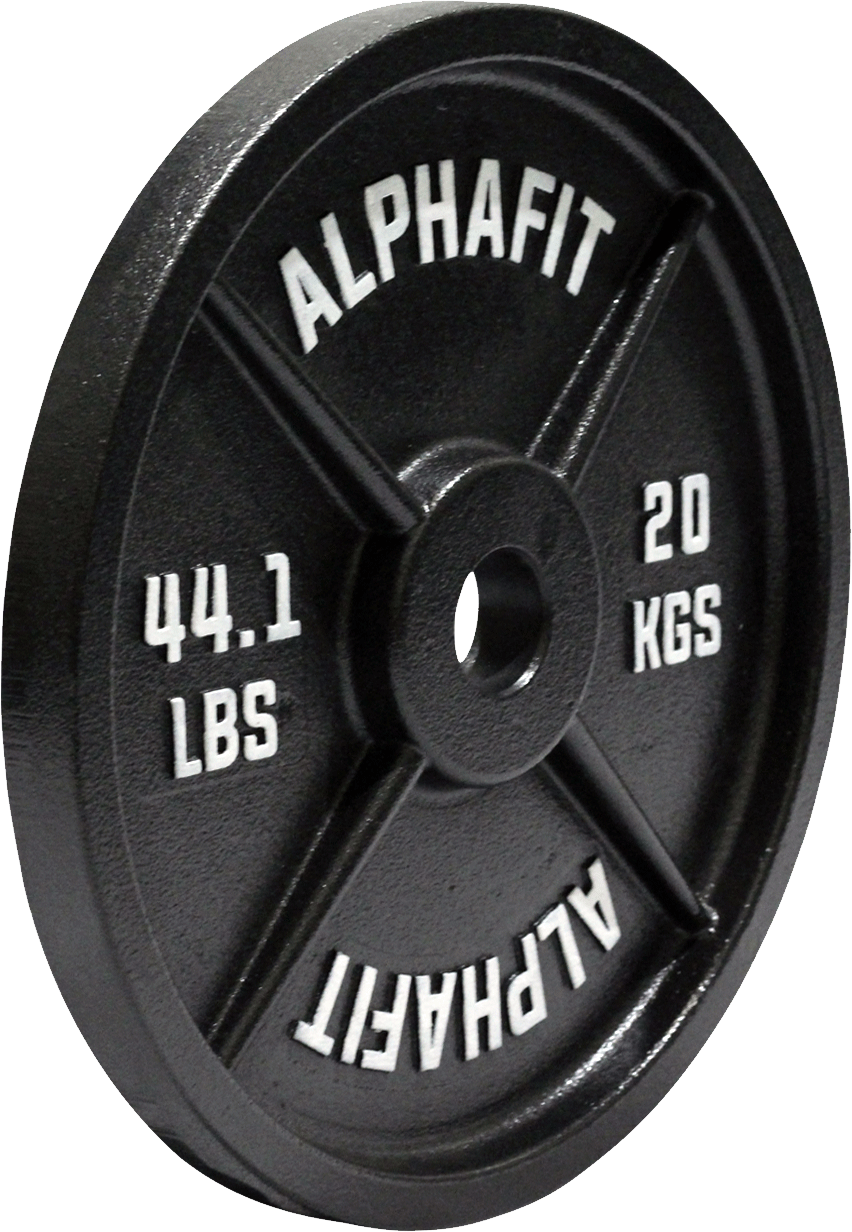

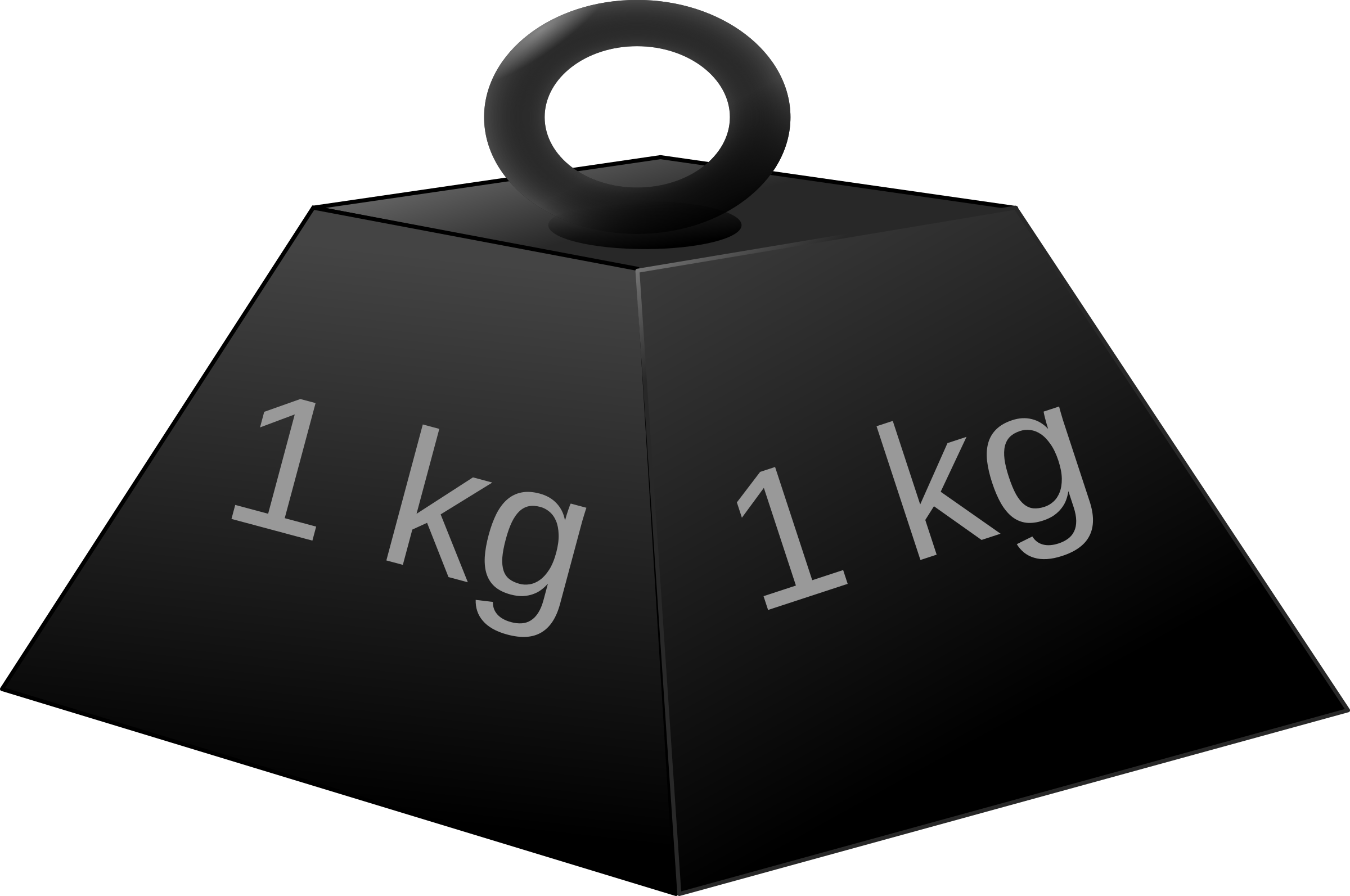



/weight-b699ea6235e34286bf05b3e7a03c4ed3.jpg)
